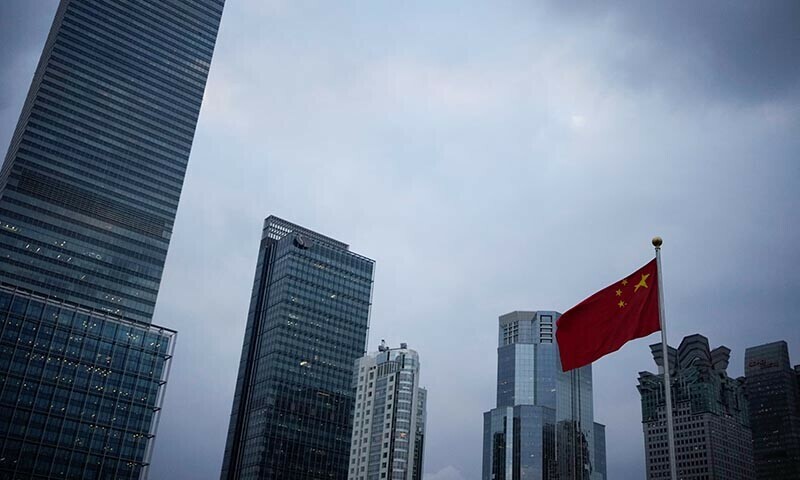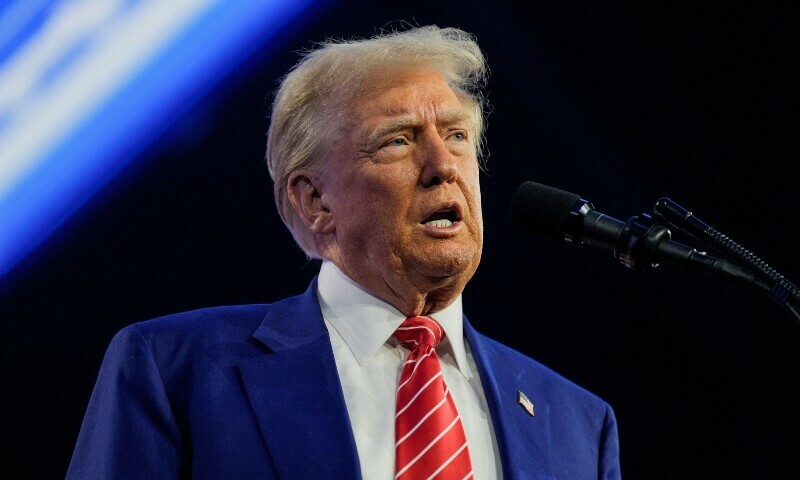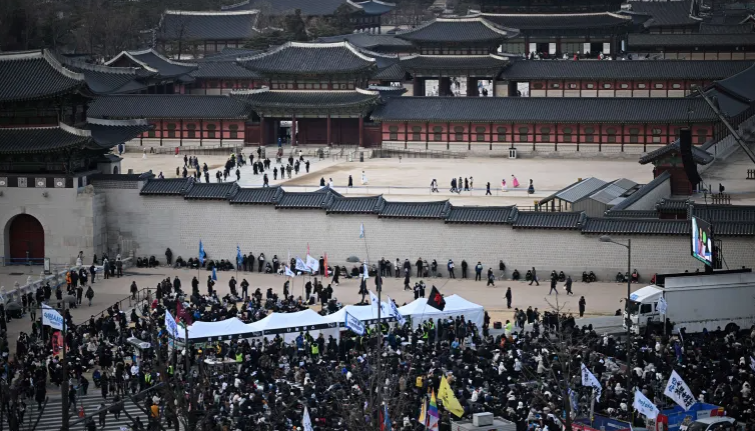WORLD NEWS

China is set to implement more "proactive" macroeconomic policies next year as President Xi Jinping seeks to bolster the country’s struggling economy. Addressing the National Committee of the Chinese People’s Political Consultative Conference on Tuesday, Xi acknowledged the challenges the country faced in 2023, including a property market crisis, weak consumption, and mounting government debt.
Xi's remarks came amid growing concern over China's economic recovery after a year of disappointing growth, despite a series of aggressive stimulus measures introduced by Beijing. These measures included cutting interest rates, easing restrictions on home buying, and alleviating the debt burden on local governments. However, economists argue that more direct fiscal stimulus aimed at boosting domestic consumption is necessary to fully restore the economy’s health.
“We must further comprehensively deepen reform, expand high-level opening up, better coordinate development and security, and implement more proactive and effective macroeconomic policies,” Xi told the political advisory body at a New Year’s tea party. This strategy aims to counter the economic stagnation and put China on a path to sustainable growth in the year ahead.
China has set a national growth target of about 5% for 2023, though many economists predict the country will narrowly miss this goal. The International Monetary Fund (IMF) has forecasted a growth rate of 4.8% for 2023 and a further decline to 4.5% in 2024.
In response to these challenges, Chinese authorities recently released optimistic factory activity data, signaling that the country’s industrial sector may be picking up pace. December’s Purchasing Managers’ Index (PMI), a key gauge of industrial output, stood at 50.1, marking a third consecutive month of expansion. While slightly lower than analysts' expectations, the PMI remains above the neutral 50-point mark, indicating that manufacturing activity is expanding. Additionally, the non-manufacturing PMI, which tracks the service sector, rose to 52.2 in December, up from 50.0 in November, signaling a strengthening in the service and construction industries.
Economists have pointed to the recent policy support as a significant driver of this momentum. Gabriel Ng of Capital Economics noted that the official PMIs suggested the economy gained traction in December, particularly in the services and construction sectors. “Increased policy support towards the end of the year has clearly provided a near-term boost to growth,” Ng stated in a note to clients.
The positive signs from the industrial sector also came with an uptick in export orders, which rose to a four-month high in December. This increase was likely driven by US importers accelerating orders in anticipation of potential tariffs under the leadership of former President Donald Trump.
Despite the challenges that China continues to face, the country is taking steps toward economic recovery through proactive and targeted macroeconomic policies aimed at stimulating growth in the coming year. Whether these measures will be enough to meet the ambitious growth target remains to be seen, but China’s leaders are optimistic about the country’s economic prospects for 2024.




